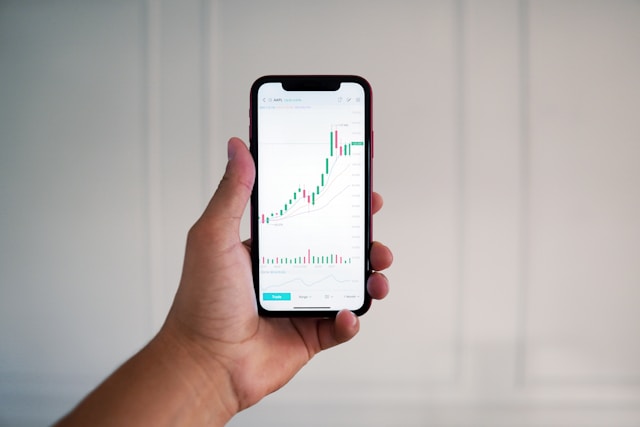The Singapore stock market is influenced by a wide range of factors, both global and domestic. These elements shape investor confidence, market performance, and stock prices. Understanding the following factors can help investors make better decisions.
ECONOMIC CONDITIONS
The overall health of Singapore’s economy plays a big role in the stock market. Important factors like economic growth, inflation, unemployment, and trade balance affect investor confidence and stock prices.
GLOBAL MARKET TRENDS
Singapore’s stock market is connected to major international markets like the US, China, and Europe. If these markets go up or down, it can influence investor decisions in Singapore as well.
INDUSTRY PERFORMANCE
Different industries such as technology, finance, shipping, and real estate impact the stock market. If a sector is doing well, stock prices in that industry may rise. If it struggles, prices may fall.
COMPANY NEWS
Stock prices can change based on company announcements like earnings reports, new products, leadership changes, or business updates. If a company performs well, its stock price usually goes up. If it faces challenges, the price may drop.
GOVERNMENT POLICIES/REGULATIONS
Changes in government rules, taxes, and financial policies can affect the stock market. Policies that encourage business growth can boost investor confidence, while stricter regulations may create uncertainty.
INTEREST RATES
The Monetary Authority of Singapore (MAS) controls interest rates. When interest rates go up, people may prefer safer investments like bonds instead of stocks. When rates go down, stocks become more attractive.
CHALLENGES FACING THE SG STOCK MARKET
On July 13, 2024, a report stated that Singapore’s stock market had reached its lowest point. Investors have been worried about low liquidity and weak stock prices, making the market seem less attractive. Many describe it as boring and unexciting.
One major problem is that fewer companies are listing on the Singapore Exchange. At the same time, many companies are choosing to leave the market. This has created a cycle where low activity discourages new investors, making the problem worse. Experts have noted that in the first half of 2024, Singapore had only one small new company listing on its stock exchange.
WHAT TO EXPECT THIS YEAR
As we move into 2025, experts are uncertain about how Singapore’s stock market will perform. Global interest rates and trade restrictions could impact the market, especially as the United States gets a new president.

Image Credits: unsplash.com
Economists believe 2025 could be a tougher year than 2024. Singapore’s economy relies on trade with China, the US, and the European Union. If these economies slow down, Singapore’s stock market may struggle.
IN A NUTSHELL
The Singapore stock market faces some challenges, but investors who understand these factors can make better decisions. Market conditions may be unpredictable in 2025, but keeping an eye on global trends, government policies, and industry performance can help investors find opportunities in the Singapore Exchange.










